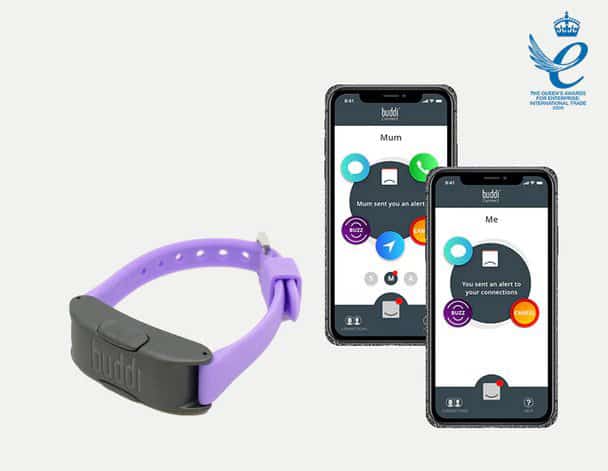Local authority prioritises assistive tech to support residents with additional health needs

Automatic curtain openers for people with reduced mobility, a wrist sensor that alerts care teams that the wearer has had a fall, and medication reminder technology are all being trialled by Oxfordshire County Council to support residents with additional health needs to more easily carry out everyday tasks.
The assistive technologies are designed to help people with tasks that they might otherwise struggle to do. They could be used by people with differing or evolving needs, including learning disabilities, sensory impairments, dementia, Parkinson’s disease, multiple sclerosis and more.
Councillor Jenny Hannaby, Oxfordshire County Council’s Cabinet Member for Adult Social Care, said: “Supporting residents to live independently and in their own homes for as long as it is safe to do so is a top priority for us.
“The work of our assistive technology team is imperative to this, and significantly enhances the lives, wellbeing and safety of many with additional needs. I’m extremely pleased to hear the team is currently testing new options and look forward to hearing more about the support our residents can receive.”
Technology currently undergoing trials includes:
- Automatic curtain openers – These can be operated using a remote control, smartphone, timer or voice activation, and can by fitted to most types of existing curtains. These are useful for people who are unable to open or close their own curtains. It would provide them with greater control over their home, increased privacy and help them to feel safer.
- Buddi Connect – This is a wrist sensor linked to a smartphone that can alert others if the wearer has fallen and pressed a button to request help. This would support people who are worried about falling outside and reassure them that help can be called for quickly and their location known.
- TabTime timer – This is a watch that discreetly reminds the wearer to take medications through a vibrating alarm. It is particularly useful for people who may forget or miss the timings of their medication.
Michelle House, Practice Supervisor of the Assistive Technology Team, commented: “Technology can be very effective in helping people remain safe and independent. It’s really important that we consider new technologies so that we can offer people choice in how they are supported and get the right technology for the individual.
“For example, someone who is diagnosed with dementia may need some help in remembering appointments – using a smart phone to download an app to help them with this might work for one person, while another might prefer to use a digital calendar with audible reminders.”
When trialling new technology, Oxfordshire County Council’s assistive technology team carefully reviews the capabilities of an item, safety, ease of use, costs, and what value it might bring to someone.
The team works closely with support partners across Oxfordshire, and others within the council’s adult social care support team, to ensure eligible residents can gain information about technology might help them.
Some assistive technology is available on a trial, loan or permanent basis depending on an individual’s needs, or information will be given on how people can purchase it for themselves.
To find out more about some of the assistive technologies available at the council, view this online resource. Items that residents could be eligible for after a needs assessment include daily memory prompts equipment, door alarms, GPS locators, voice monitoring aids, and more.

